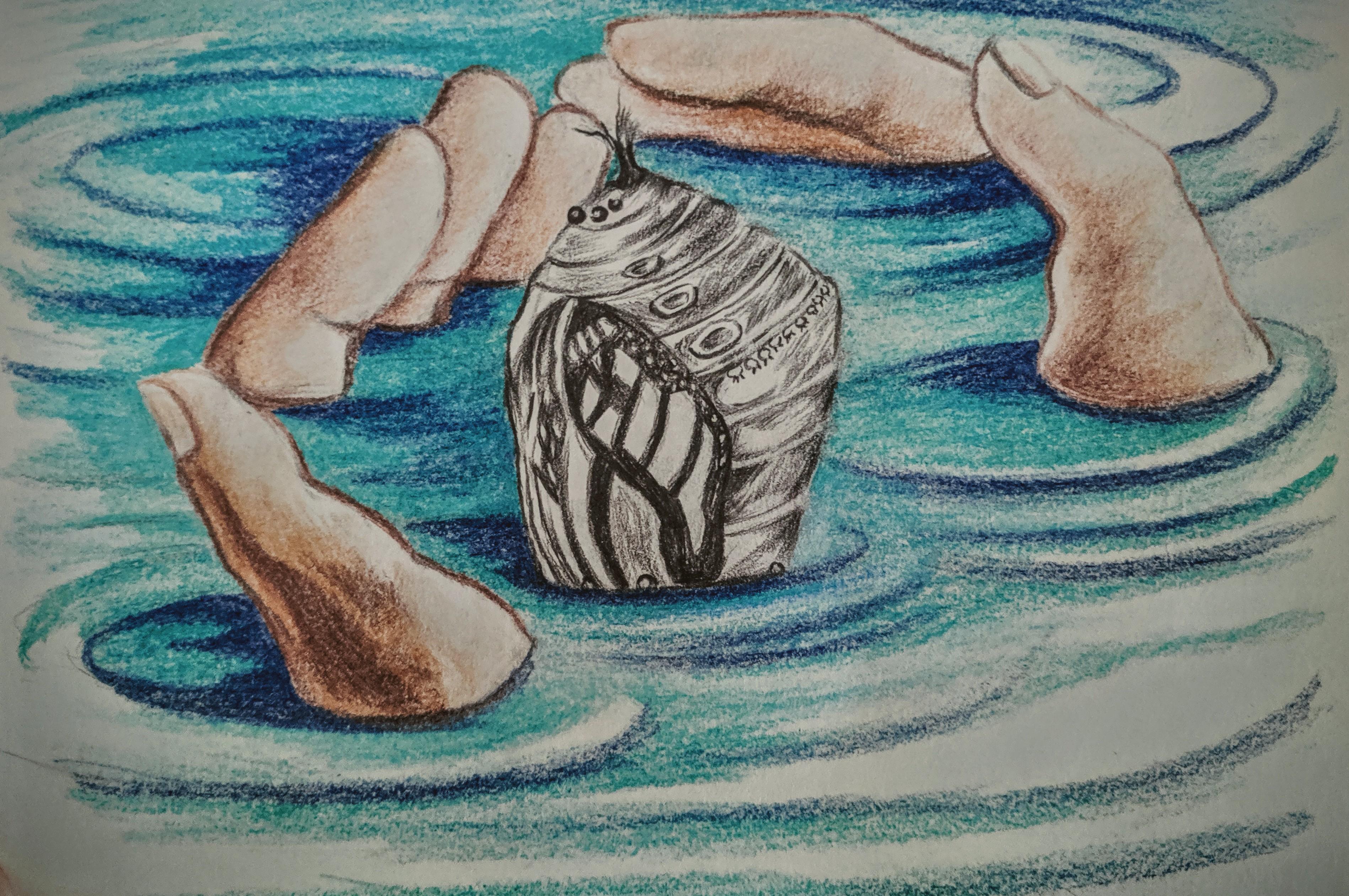The Liminal Space

IMAGE OF THE WEEK
We are grateful to Rupali Bhuva for offering this hand-made painting for this reading.

What do you do when a friend has lost a child and you can’t ease their grief? Or when your partner loses her job and you can’t resolve it for her? Or a client has to make a big decision and you can’t make it for him? Or your church or community group decides to close its doors and there is loss written on everyone’s faces? Or a group you’re facilitating is in conflict and can’t see their way through to resolution?
Though you feel invested in all of these situations, the outcome in each of them is outside of your responsibility and control.
The best that you can do is hold space for the people involved.
It all begins in the liminal space…
The space in between stories is the liminal space. In anthropology, a liminal space is a threshold, an interim space of ambiguity or disorientation that occurs in the middle stage of rituals, when participants no longer hold their pre-ritual status but have not yet transitioned to the status they will hold when the ritual is complete. In liminal space we are between identities, between who we once were and who we are becoming, like the chrysalis stage between caterpillar and butterfly.
Grief, transition, loss, birth, divorce, trauma, job loss, bankruptcy, marriage, betrayal, relocation, graduation, conflict – nearly every human experience has within it some element of liminal space. The liminal space is a space of openheartedness, when we are raw, vulnerable, and exposed. In order to survive without further wounding, we need a container that will hold us with gentleness and strength, without short-circuiting the process or forcing us into the wrong outcome.
Holding space isn’t easy and it can make us feel powerless. We want to fix things, give good advice, control the outcome, or avoid the conversation all together.
In order to hold space for others in our lives, we have to learn to hold space for ourselves first. When we neglect our own needs, we risk burnout, addiction, and other unhealthy coping mechanisms.
Holding space is what we do in the liminal space when we walk alongside another person (or ourselves) on a journey without judging, fixing, belittling, or shaping the outcome. While supporting their boundaries and protecting our own, we offer unconditional support, compassion, and gentle guidance.
Sourced from here.
SEED QUESTIONS FOR REFLECTION: How do you relate to the notion of liminal space and our need to be held when in that space? Can you share a personal story of holding space? What helps you recognize and hold space for those, including yourself, in liminal spaces?